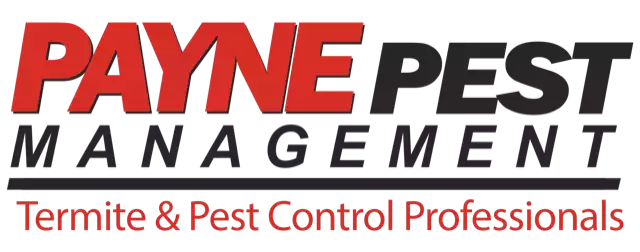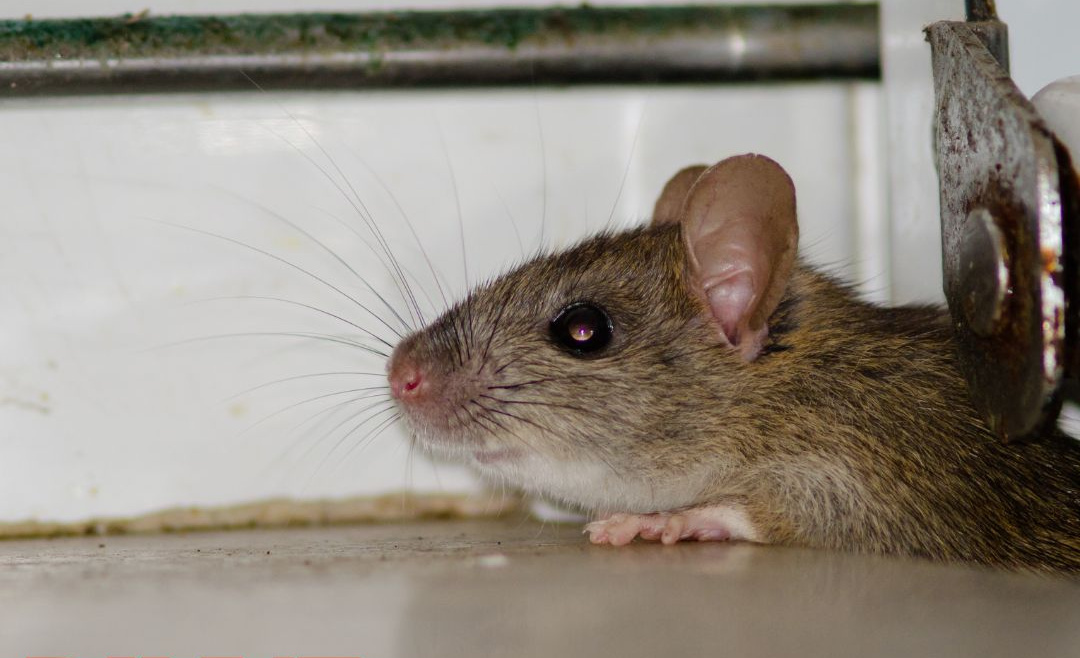Rat infestations can turn your cozy home into a battleground, quickly escalating from a sighting to a full-blown war against these resilient pests. Aside from the damage to property, rats pose a significant health risk, carrying a plethora of diseases. This comprehensive guide, crafted in partnership with Payne Pest Management experts, will walk you through the various repellents and control methods, ensuring that your home is safeguarded against these unwelcome visitors.
You may encounter rats in your home for several reasons — food, water, and shelter. Understanding this will help you to adopt a comprehensive approach when it comes to repelling and controlling them. Without further ado, here are the top strategies to protect your home from rats:
Identifying Common Rat Species in Your Area
Before setting your pest management plan into action, it’s vital to identify the rat species inhabiting your vicinity. Common rat species include the Roof Rat (black rat) and the Norwegian Rat (brown rat), with key differentiators such as size, behavior, and preferred habitats. The professionals at Payne Pest Management are adept at identifying local species and tailoring repellent and control methods to the specific species invading your space.
Rat-Proofing Your Home
The first line of defense against rats is to seal off their entry points. Rats can fit through remarkably small openings, so be vigilant in spotting and sealing gaps, cracks, and holes in your home. Pay special attention to areas where utilities enter the home, as these often create large, unchecked entry points. Use materials like steel wool, which rats can’t chew through, along with silicone sealant, to secure these vulnerabilities.
Environmental Modifications for Rat Deterrence
Rats are attracted to the most fundamental environmental necessities – food, water, and shelter. To deter them, make sure to:
Eliminate Food Sources
Keep your kitchen tidy, store food in airtight containers, and avoid leaving pet food out overnight. Regularly clean under appliances and behind furniture where crumbs often accumulate.
Address Water Leakages
Leaky faucets and condensation from pipes offer rats the water they need to survive. Fixing these issues will make your home less appealing to them.
Reduce Shelter Opportunities
Clutter is a rat’s best friend. Keep attics, garages, and basements organized and decluttered. Rats seek dark, quiet spaces for shelter and breeding, which you should minimize as much as possible.
Repellents and Deterrents
There are various kinds of rat repellents on the market, ranging from natural to chemical, electronic to mechanical. It’s important to choose a repellent that fits your needs, safety concerns, and the size of the infestation.
Natural Repellents
Peppermint oil, garlic, and various herbal mixtures are believed to repel rats due to their strong scents. While they may be effective in deterring rats from particular areas, do note that the results can vary.
Chemical Repellents
Chemical rat repellents, such as rodenticides, are a potent option but come with their own set of concerns. Always use rat poisons according to the label, place them in inaccessible areas, and consider consulting professionals.
Mechanical Traps
Snap traps and live traps are the most common mechanical methods for dealing with rats. When using traps, it’s essential to place them in areas where rat activity is high and to check them regularly.
Professional Pest Control Services
When DIY methods fall short, or the infestation is too severe, it’s time to call in the professionals. Payne Pest Management offers comprehensive pest control services, including inspection, treatment, and ongoing monitoring to ensure that your rat problem is eliminated and doesn’t return. With access to advanced treatment methods and experienced technicians, professional pest control service is often the most effective solution.
Ongoing Monitoring and Maintenance
Even after successfully repelling or eliminating rats from your home, it’s important to remain vigilant. Regular inspections, maintaining a clean environment, and promptly addressing any potential entry points will help to keep rats at bay.
Rat-Borne Diseases and Health Risks
Rats are commonly associated with several diseases, including leptospirosis, hantavirus, and rat-bite fever, which can be transmitted to humans. Recognizing the potential health risks is an important motivator for resolving rat infestations promptly and effectively.
Protecting your home from rats is a multifaceted challenge that requires a combination of knowledge, preparation, and action. By understanding the nature of the rats in your area, rat-proofing your living space, modifying the environment, and utilizing the right repellents and control methods, you can ensure a rat-free home. Remember, when in doubt, it’s best to seek professional assistance to employ safe, effective pest management practices. With these methods at your disposal, you can reclaim your home and enjoy the peace of a rat-free environment.







